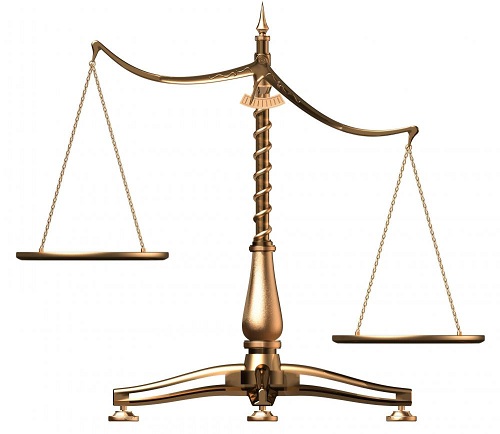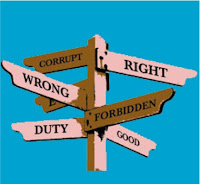I was speaking recently with a fellow Catholic who is against mandates concerning vaccinations or masks during this time of COVID-19. The language was interesting. “It’s all about my personal freedom. As Catholics, we have free will and as Americans we have individual rights. I should be able to make my own decisions without anyone else (especially the government) taking that freedom away. It’s my body; it’s my choice.”
It may be hard to believe, but I was speechless. The person I was speaking with is staunchly anti-abortion and anti-choice. He is part of a group that wants to deny Holy Communion to Catholic politicians who are pro-choice regarding abortion. But the very pro-choice position he abhors when discussing abortion is now the exact same argument he is using to justify his anti-vax, anti-mask mandate stance. So, he is anti-choice in one case, pro-choice in another.
How is this in any way coherent? It isn’t.
People who are anti-abortion make the case that “my body, my choice” is an insufficient claim for two reasons. First, they hold that there is more than one body involved: the unborn child as well as the mother. Second, even the claim of “my body, my choice” — disregarding for the moment the presence of the unborn child — is simply not true or absolute. Our experience tells us this readily. We accept without question and without distress that there are certain things that we may not do to our bodies; there are limits to the choices we can make. For example, if we saw a person about to harm themselves in some way, we would do whatever we could to stop them. Some personal choices are even subject to society’s laws: a person may “choose” to murder another person, but no one would say that this would be moral or legal. We readily accept limits on personal freedom. It is not an absolute right. Think of all the other restrictions we accept on our personal freedom: obtaining a driver’s license, for example, or the travel restrictions we endure to ensure the safety of all. Just because our personal freedom suggests we do something (or not do something), thinking adults realize that personal freedom is not an absolute.

How might this fact — that all rights have limits and commensurate responsibilities — affect the abortion debate? How might this fact — that all rights have limits and commensurate responsibilities — affect the vaccination debate?
Do I have a right to refuse to take the vaccine? The answer is not an absolute yes or no, but maybe. Does society have a right to regulate my behavior despite my personal freedom? “My body, my choice” is again insufficient. My personal freedom extends only as far as the personal freedom of others. At some point, the moral choice is to surrender a measure of personal freedom for the common good of all. Consider how we veterans are often greeted: “Thank you for your service!” It is acknowledged that, as a class of people, military personnel put their own personal freedom aside to a degree in order to benefit their comrades and the country. Taking the vaccination, even under a mandate, is less about one’s personal good than it is about the good of others. For people of faith, we need only look to St. Paul, who reminded the Philippians: “Do nothing from selfish ambition or conceit, but in humility regard others as better than yourselves. Let each of you look not to your own interests, but to the interests of others.” (Philippians 2:3-4).
The bottom line is that “my body, my choice” is an inadequate and flawed argument no matter who makes it.
“Rightful liberty is unobstructed action according to our will within limits drawn around by the equal rights of others.”
Thomas Jefferson

